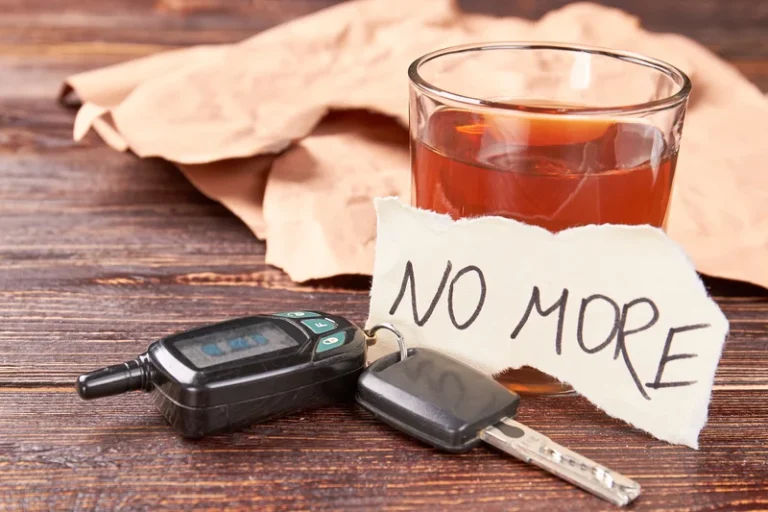
The challenge of this stage is to essentially develop and maintain healthy life skills that will serve you for a lifetime. An exciting part of this period is that it can lead you to a happier life full of welcomed change and constant improvement. While the abstinence stage of withdrawal causes mostly physical symptoms, post-acute withdrawal is very psychological and emotional. Although many people are tempted to make other major life changes during this stage of recovery, such as changing jobs, experts recommend focusing energy on stopping drinking for at least the first year. Recovery from alcohol addiction generally follows the stages of abstinence, withdrawal, repair, and growth. In fact,recent researchby The Recovery Village has found heavy drinking can increase your risk of cancer by 48% by itself.
- Dive into the deadliest effects of drugs, exploring their physical, mental, social, and economic impacts.
- Discover the empowering steps of recovery from addiction, from therapy to resources for help.
- Being at a later stage can make recovery more challenging, but recovery is possible at any stage of alcoholism.
- When you’re ready to seek help, or if you have questions about how to live with an alcoholic, we’re here for you.Contact ustoday to learn more about our treatment options.
- Overcoming predispositions to substance use disorders with strategic approaches.
- Understanding what the stages of alcohol addiction look like can help you or a loved one decide whether rehab treatment is necessary.
Factors Affecting Life Expectancy

By Buddy TBuddy T is a writer and founding member of the Online Al-Anon Outreach Committee with decades of experience writing about alcoholism. Because he is a member of a support group that stresses the importance of anonymity at the public level, he does not use his photograph or his real name on this website. “I’m feeling fantastic. I have lost weight, and my skin looks amazing I suffered from rashes all over my body and face. My energy and confidence are back. It is wonderful.” “Symptoms are reducing daily, and I have had the best two night’s sleep in a very long time. Just loving waking up without counting the hours to the next drink.” “Starting to feel a little better. If I had the money, I would have gone to a 30-day rehab. I am still having shakes now and again. My head is in a fog constantly.” “Feeling much better. Very slight discomfort in the chest occasionally. No sweating. Disturbed sleep? Yes. But I guess in a few days, I should be fine.”
Studies on Alcoholism and Life Expectancy

They may not appear like they have a problem despite having a higher tolerance. By this stage, their drinking is taking an obvious physical toll as well. They may appear red in the face or look bloated and generally unwell. The alcoholic probably isn’t sleeping or eating well at this point and may not be keeping up with personal hygiene. As alcohol consumption increases, the liver adapts to break down alcohol more quickly. Over time, repeated alcohol exposure also alters a person’s brain chemistry.

Debunking the Notion of Gabapentin Addiction
More than likely, your loved one knows the dangers of AUD, but their addiction is so powerful that they have a hard time controlling it. People with compensated cirrhosis of the liver generally have a life expectancy of between nine and 12 years. With compensated cirrhosis, it is possible to live a healthy life with lifestyle changes. People with decompensated cirrhosis tend to have a much shorter life expectancy of around two years. Life expectancy with cirrhosis of the liver depends on the stage at diagnosis and the steps you and your healthcare provider take to treat and manage the condition. In 2017, there were 5.2 million cases of cirrhosis and chronic liver disease.

- Those who experience the most severe withdrawal symptoms, such as hallucinations and seizures, don’t begin to have those symptoms until days four or five.
- “Anxiety, dizzy, no sleep, exhausted. Does anyone ever feel like an electric current sometimes runs through your body? But it’s getting better every day.”
- If someone increases their drinking significantly, there could be a problem.
- Wernicke syndrome affects the brain, while Korsakoff syndrome affects the nerves and spinal cord.
- Explore the difference between oxycodone and hydrocodone, their uses, risks, and how they affect your health.
- The abstinence stage typically begins right after you stop drinking.
- Corticosteroids are used to treat severe alcoholic hepatitis by decreasing inflammation in the liver.
Research has shown that long-term alcohol misuse can have life expectancy of an alcoholic a lasting impact on the brain, although some areas may recover with abstinence. The most serious effect is Korsakoff’s syndrome, characterized in part by an inability to remember recent events or to learn new information. “I’m back working, my skin’s cleared up, and I’ve cleaned up the mess I’ve made of my life. The sad truth is, I miss drinking, even after all the hell it has caused. But to go back will be my death.” “Last week, I was on holiday. Several times, I thought, ‘Well, I will have a drink tonight,” and then I remembered the pain, and it kept me straight.” In the fourth week of abstinence from alcohol, the benefits keep piling up, according to the reports of those who remained sober for more than three weeks.

Children who grow up with a parent with AUD are more likely to misuse alcohol themselves later in life. They’re also at a higher risk for other challenges, including difficulties forming close relationships, lying, and self-judgment. Having someone intoxicated on a consistent basis can be stressful and cause anxiety over what’s going to happen next. You might feel guilty about the situation, eventually leading to depression. Your loved one’s addiction might also start taking a financial toll.
What are the 4 stages of cirrhosis?
While the recovery period may be challenging, it’s also filled with milestones that can transform your life into one that’s better than you could have previously imagined. Combining therapy with support groups can greatly improve your odds of success. Clinical evidence suggests that the most common causes of relapse during this stage are neglecting self-care or not attending self-help groups. During the repair stage, taking care of yourself is paramount. “We should always remember that alcohol guidelines should act as a limit, not a target, and try to drink well below this threshold.”
